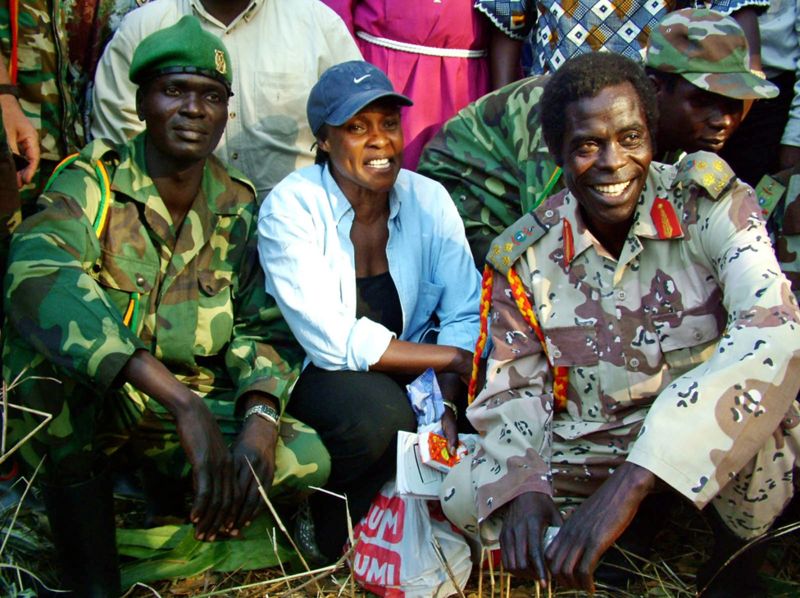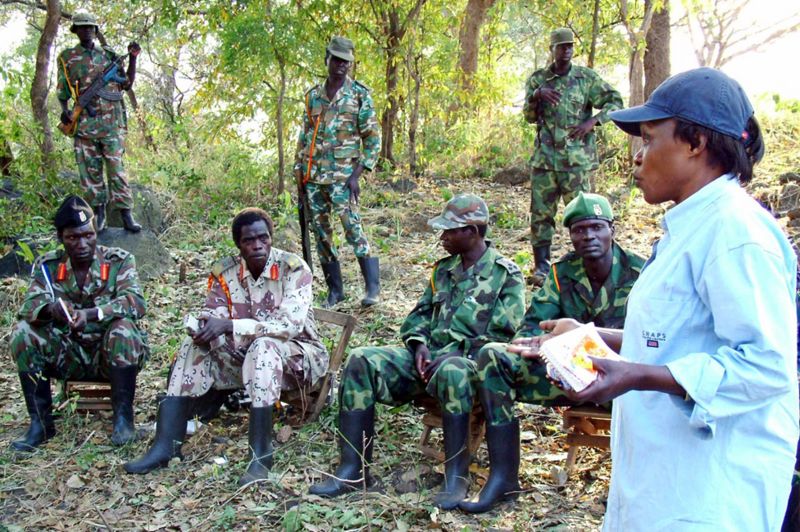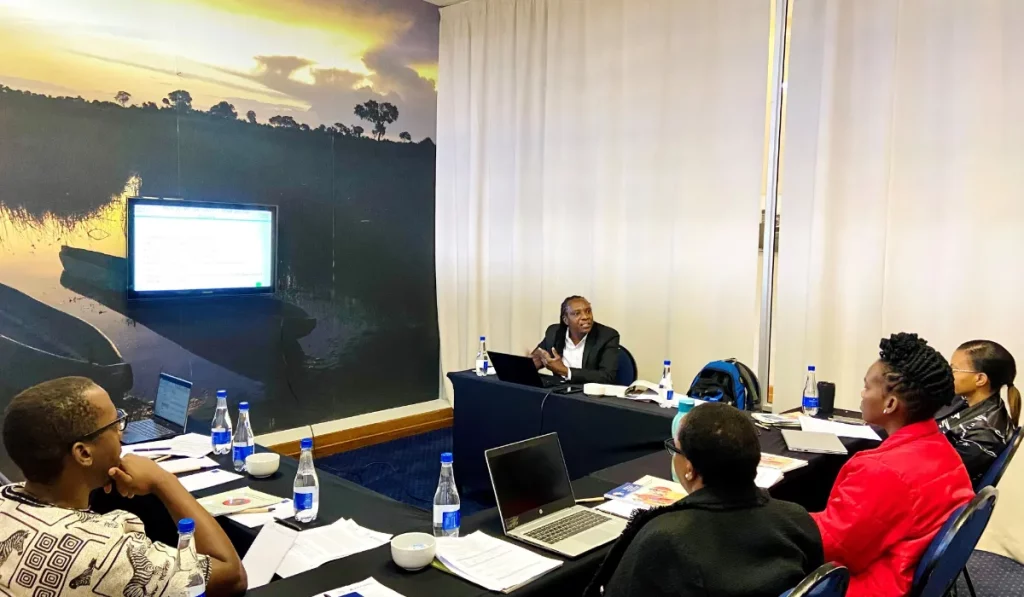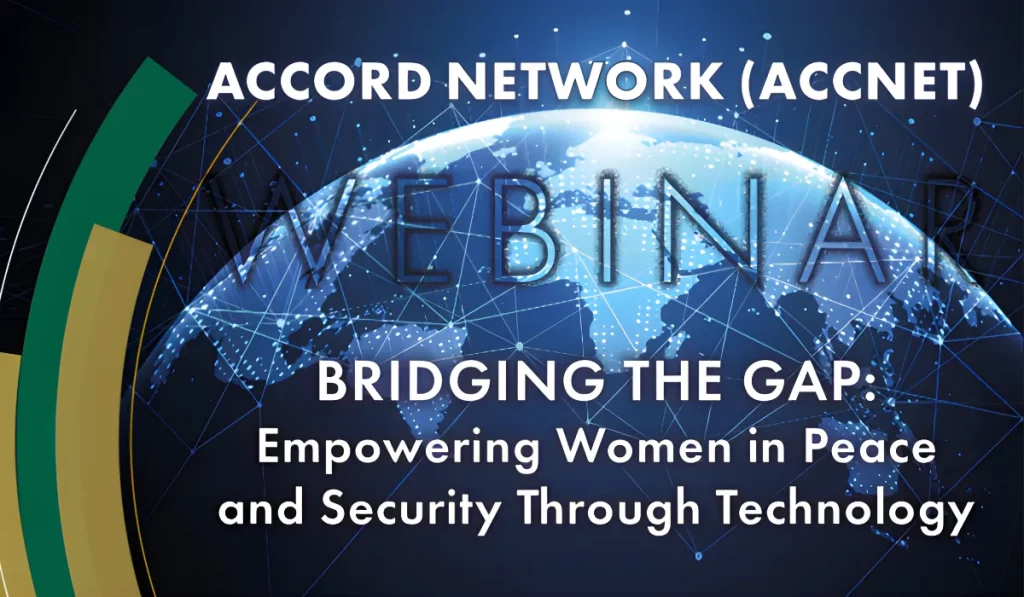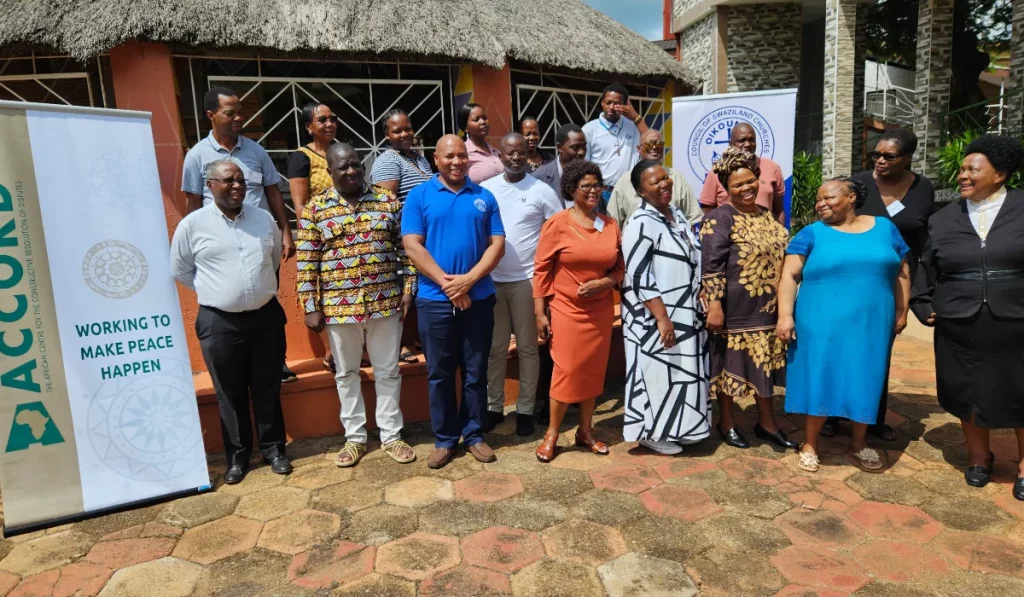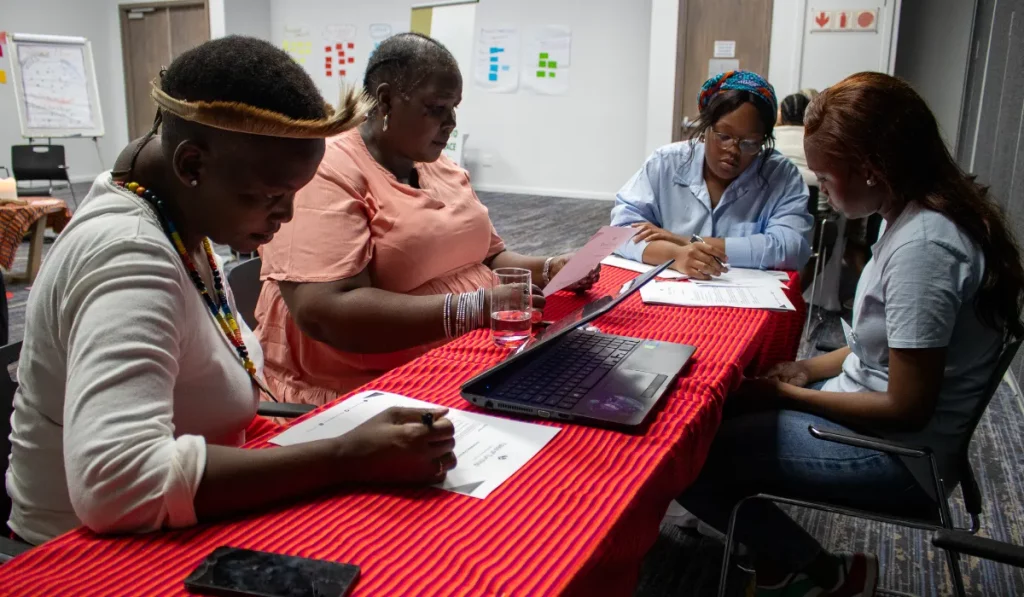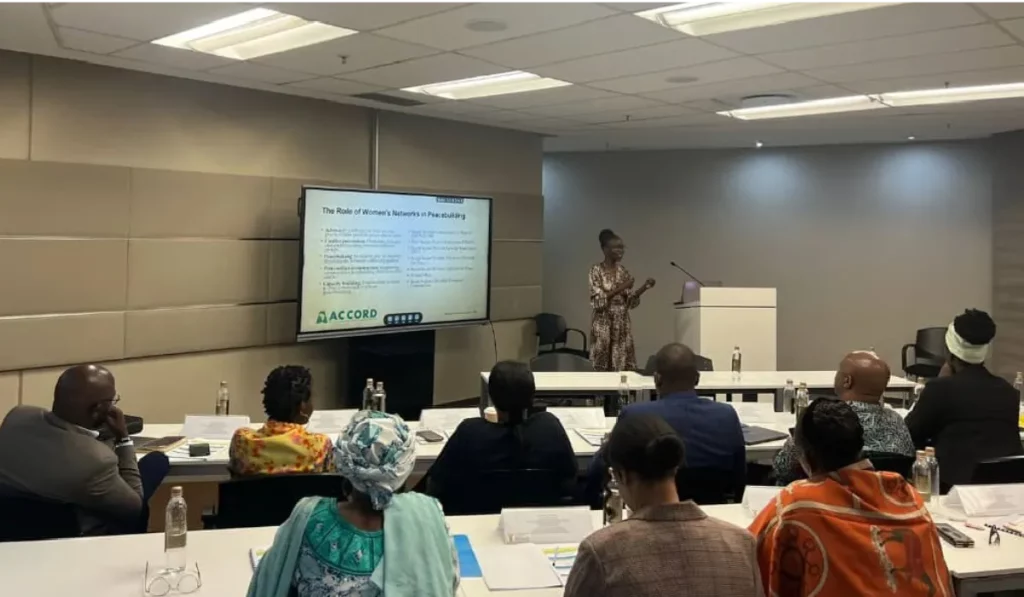On Friday the 20th of November 2020, Ms Bigombe who some may know as the woman who befriended a warlord, took participants into her world of mediation, tracing back the steps to how her journey began and has unravelled thus far. Reflecting on how the involvement of women in mediation processes was unheard of at the beginning of her journey in Uganda, Ms Bigombe urged all participants to remember that mediation is a process, and it is important to not give up. “There will be a plethora of setbacks and unfavourable circumstances that come along the way, but it is important to have stamina and determination to eventually breakthrough”.
An important lesson reiterated by Ms Bigombe is the need for women to refuse a formal appointment that does not culminate into one’s meaningful participation in the peace process. Alluding to the beginning of her mediation journey when she was a government minister, Betty stated that it was by voicing her concerns about feeling like a statistic that eventually gave her a platform to go and meaningfully engage in peace efforts. Although she received little to no support, with dedication, determination and drive she managed to overcome death threats and patriarchal and societal barriers, amongst others. Thus, through this, Ms Bigombe asserted that it is the duty of women to ensure that they take up space in a significant way by urging and governments and organisations that women need these positions. Furthermore, it is important to continue to be courageous and reach out in both individual and organisation capacities, and eventually you will be heard.
Reflecting on her years of experience in Uganda, South Sudan and Columbia, Ms Bigombe imparted seeds of wisdom in the minds of the participants. The lessons that stood out through her experience as a seasoned mediator in Africa and beyond were:
- Context matters: There is nothing like a one size fits all method to peace processes. It is crucial to remember to go out into the field, see and feel what is going on in that context, listen to the needs of the various stakeholders involved and use that to guide you.
- Conceal your bias: Neutrality and impartiality are not easy, but it is important to conceal your bias. Although it is not possible to be 100% neutral, it is critical to level the playing field, disguise your bias and listen to the grievances of everyone involved.
- Patience is a virtue: It is important to be patient in peace processes. The journey will not happen overnight, but with persistence and perseverance, it will eventually happen.
Ms Bigombe, through her story and wise nuggets of wisdom, proved that although peace and mediation processes may lead to treacherous paths, the journey is always worth it. ACCORD would like to thank Betty, otherwise known as our Aunty Betty, for graciously sharing her story and continually advocating for the meaningful participation of women in peace processes. Over the next few weeks, we will continue hosting our remaining sessions that will continue to enhance and support the meaningful engagement and participation of women in peace and mediation efforts.
This session was part of the broader FemWise-Africa Capacity Building Initiative, which pursues the vision of creating space for women’s meaningful participation in peace processes through blended virtual trainings and knowledge sharing sessions. As the United Nations Security Council (UNSC) Resolution 1325 continues to be commemorated, ACCORD, along with African Union (AU) and Sida, have used this platform as a commitment to contribute to the success of the Women, Peace and Security (WPS) agenda. Thus, this initiative, through training and knowledge sharing sessions, has sought to enhance and strengthen the participation of African women in peace processes.
The objective of the knowledge sharing sessions is for participants to listen, reflect, learn from, and engage in the exchange of knowledge through the lived experiences of seasoned peacebuilders and mediators. Upon reflection on what still needs to be done beyond UNSC Resolution 1325, a pertinent issue that remains is the gap between African women in decision making levels and those at the grassroots level. As such, through the knowledge sharing sessions, a platform has been created for women who are experienced peacebuilders across the continent to connect with local women.
Follow our Twitter and Facebook accounts to stay updated on all the information regarding the upcoming sessions.
Over the past few weeks ACCORD has been in dialogue, with Ms Alice Nderitu who focussed on local experiences of peacebuilding as well as her experience as a woman mediator. The session that followed, with Ambassador Said Djinnit, looked at his continental experience with the OAU/AU as well as how men can be allies in striving for meaningful participation of women in peace efforts. The third knowledge sharing dialogue with Ms Leymah Gbowee focused on her peacebuilding experience in Liberia, highlighting her determination, conviction, and will-power to bring about change.

